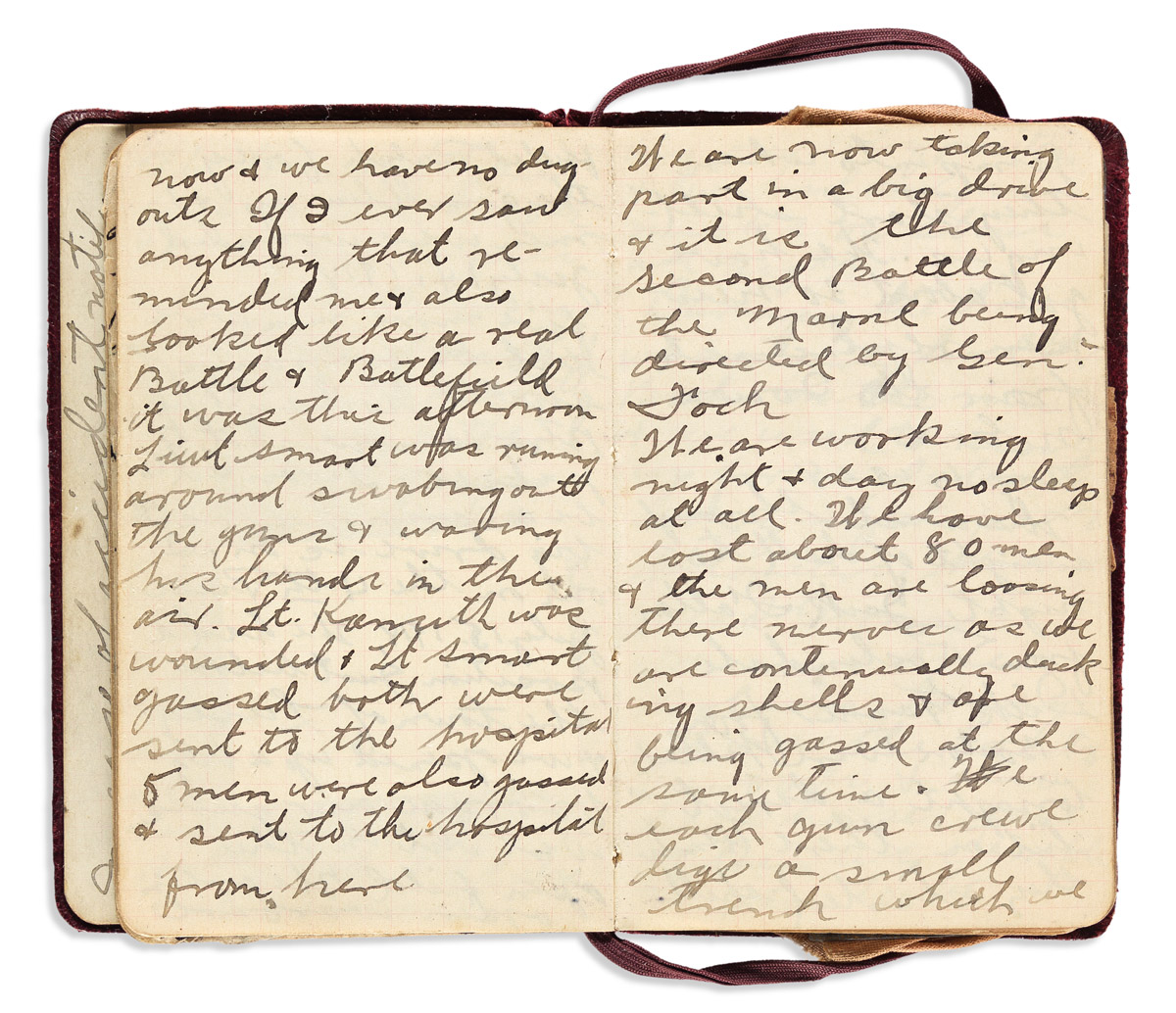Sale 2600 - Lot 293
Price Realized: $ 2,125
?Final Price Realized includes Buyer’s Premium added to Hammer Price
Estimate: $ 500 - $ 750


Aliquam vulputate ornare congue. Vestibulum maximus, libero in placerat faucibus, risus nisl molestie massa, ut maximus metus lectus vel lorem.